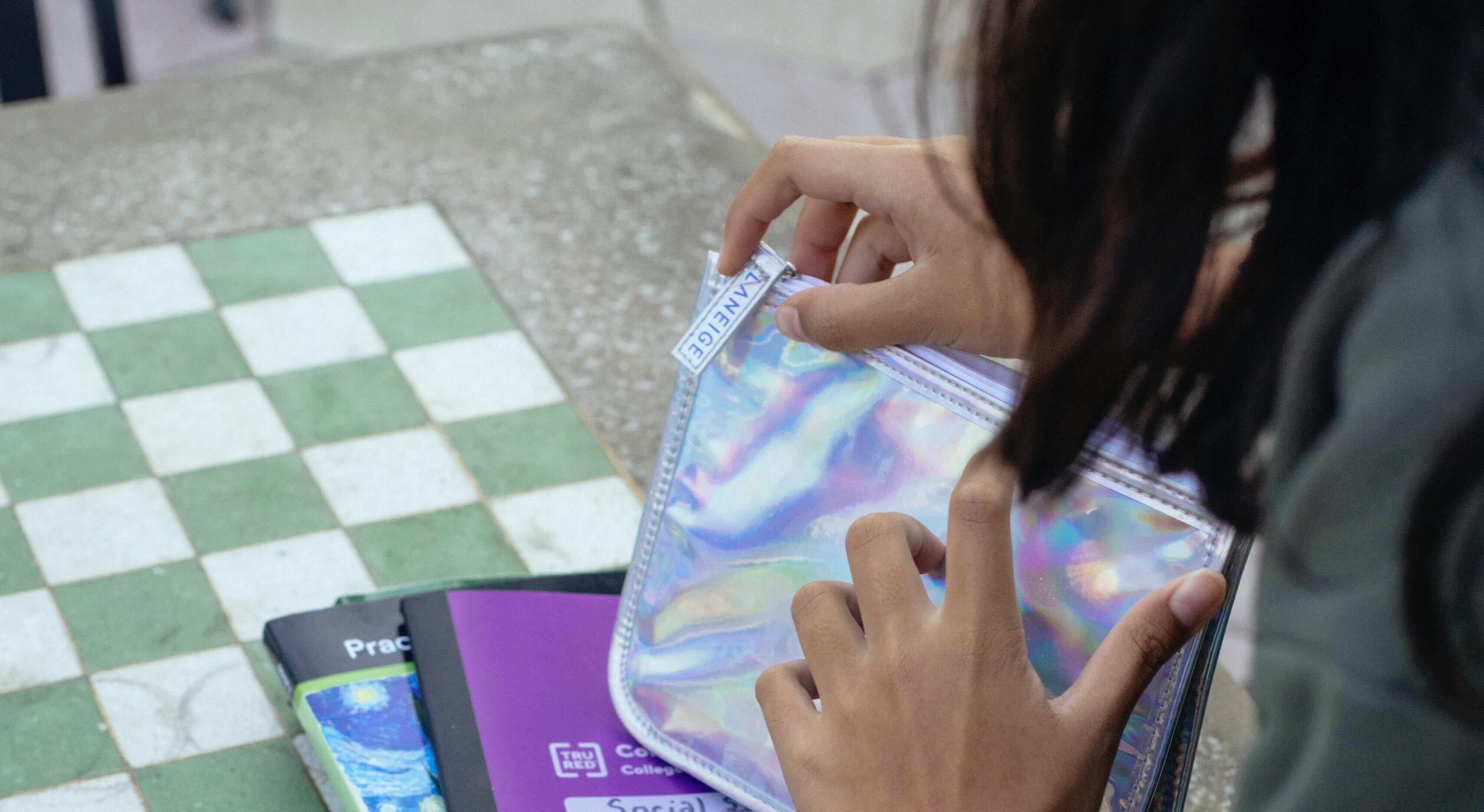A Guide to Setting NDIS Goals
Your, or your loved one’s NDIS plan will be based on the goals you want to achieve over the plan period. A plan period may be 12, 24 or 36 months depending on your age and likelihood of changing needs and circumstances.
Setting goals is a critical element of your NDIS plan. It’s worth taking some time to think about what’s most important for you, your child or loved one, and how the NDIS may best be able to support you.
At your planning meeting, you’ll be asked about your short, medium and long term goals. Having 2-3 short-term goals, and 2-3 medium-long term goals prepared before the meeting is a great place to start.
Understanding the NDIS Framework
Before diving into goal-setting, it's essential to understand the foundational principles of the NDIS. The scheme operates on key principles such as providing supports that are 'Reasonable and Necessary', ensuring 'Value for Money', and adhering to the guidelines set by the NDIS Act 2013.
It is also helpful to consider the goals of the NDIS itself. The NDIS aims to support participants to increase their independence, increase social and economic participation, and develop their capacity to participate in the community. If you can broadly align your goals with the overall objectives of the NDIS, you’ll be on the right track.
The Importance of Broad Goals
While it might seem intuitive to be very specific with goals, doing so within the NDIS framework can sometimes limit the range of supports available to you. Broad goals, on the other hand, offer flexibility, ensuring you can access a diverse range of supports tailored to your unique needs. This is particularly relevant for medium-long term goals, as to achieve this you will likely break them down into smaller, more specific steps as you progress, these steps may change over the course of your plan.
Steps to Writing Effective NDIS Goals
Self-Reflection: Begin by assessing your current situation. What challenges do you face daily? In what areas would you find support helpful? What does this support look like? What would you like to achieve or change in the next year or over several years?
Prioritise Broad Objectives: Instead of "I want to attend a specific pottery class on Wednesdays," consider "I want to engage in community activities that allow me to express my creativity."
Be Outcome-Focused: Think about the end result rather than the process. For instance, instead of "I want to access speech therapy," you might say, "I want to improve my communication skills."
Consult with Loved Ones: Discussing your goals with family, friends, or caregivers can provide valuable insights and perspectives you might not have considered.
Review and Revise: As you progress, your needs and aspirations might change. Regularly review and adjust your goals to ensure they remain relevant.
Examples of NDIS Goals Across Various Disabilities
- Physical Disabilities:
Goal: "To enhance mobility and engage more actively in daily activities."
Application: This could involve accessing physical therapy, obtaining mobility aids, or joining adaptive sports programs.
- Sensory Disabilities:
Goal: "To better navigate and interact with my environment."
Application: This might translate to acquiring assistive technologies, receiving support worker assistance, or participating in sensory sessions at different community spaces.
- Intellectual Disabilities:
Goal: "To develop essential life skills and participate more actively in community events."
Application: This can involve joining skill-building workshops, engaging in supported employment, accessing further education, receiving support worker assistance, or participating in community inclusion programs.
- Mental Health Conditions:
Goal: "To improve emotional well-being and build stronger interpersonal relationships."
Application: This could mean accessing counselling services, recovery coaching, joining support groups, or engaging in therapeutic recreational activities with assistance.
AlignAbility Can Help
Crafting the right NDIS goals can be a daunting process, but you don't have to navigate it alone. If you need personalised advice, support, or guidance, reach out to Align Ability. We're here to support you every step of the way whether it’s preparing for your very first planning meeting, or reviewing your goals in the lead up to your plan review.


